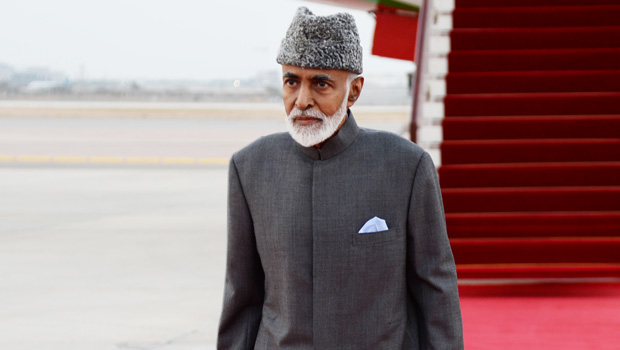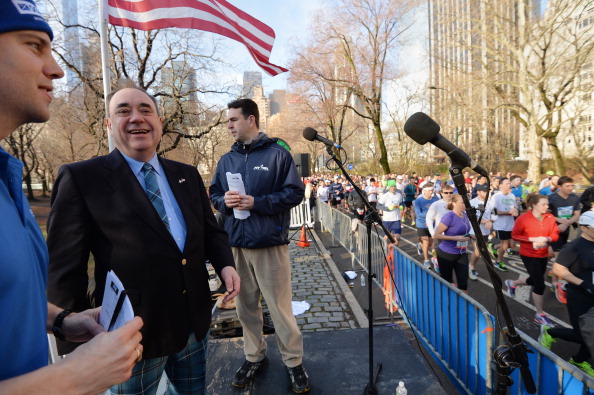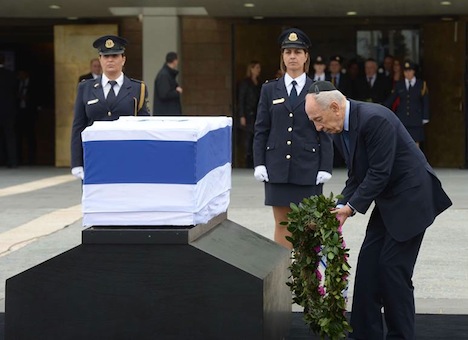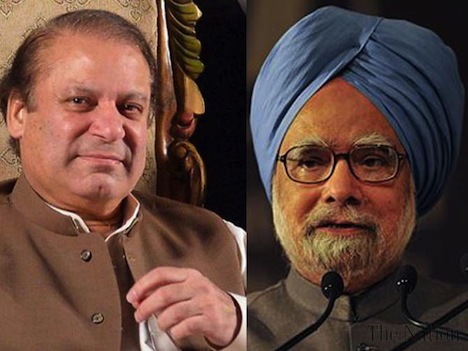
I write for The National Interest today about another potential political headache for the Middle East on the horizion — the apparent lack of successor to the widely beloved sultan of Oman, Qaboos bin Said Al Said.![]()
It’s safe to say that in his 46-year reign, which began when he ousted his own father from power in 1970, Qaboos has political and economically forged the modern state of Oman. In so doing, he has become a crucial figure in defusing regional crises:
Omani diplomats, equally at ease in Washington and Tehran, were crucial to bringing together U.S. and Iranian negotiators as early as 2009, paving the way for the early first steps of the landmark nuclear energy deal between Iran’s Islamic Republic and the ‘P5+1’ governments inked earlier last year. Presumably with Iran’s encouragement, Oman also last year hosted peace talks between Saudi Arabia and the Houthi rebels who now control much of Yemen.
Omanis chiefly practice Ibadism, mostly distinct to Oman, Zanzibar and eastern Africa, that predates and is distinct from both Sunni and Shia Islam. In practice, Ibadis are relatively moderate Muslims, and Ibadism’s distance from both Sunni and Shiite has helped make Oman an important peacekeeper in the Muslim world. Oman is a close ally of Iran, but it was also a founding member of the Gulf Cooperation Council in 1981, even while it has aided American anti-terrorism efforts in the region. In January, for instance, the United States transferred 10 Guantanamo detainees to Oman. It has no real military might, nor does it project economic strength (its $58.5 billion economy is dwarfed today even by Syria’s), but its ability to project soft power in the region is off the charts. Moreover, with Iran, it guarantees safe passage of Middle Eastern oil through the Strait of Hormuz, the narrow passage linking the Persian Gulf to the wider Arabian Sea.
The problem is that the 75-year-old Qaboos, has no brothers, no wife, no sons and, by all accounts, hasn’t particularly groomed anyone as his successor, even as he spent much of 2014 and 2015 fending off a health scare that most observers believed to be colon cancer. Continue reading Oman may (or may not) have a looming succession crisis



